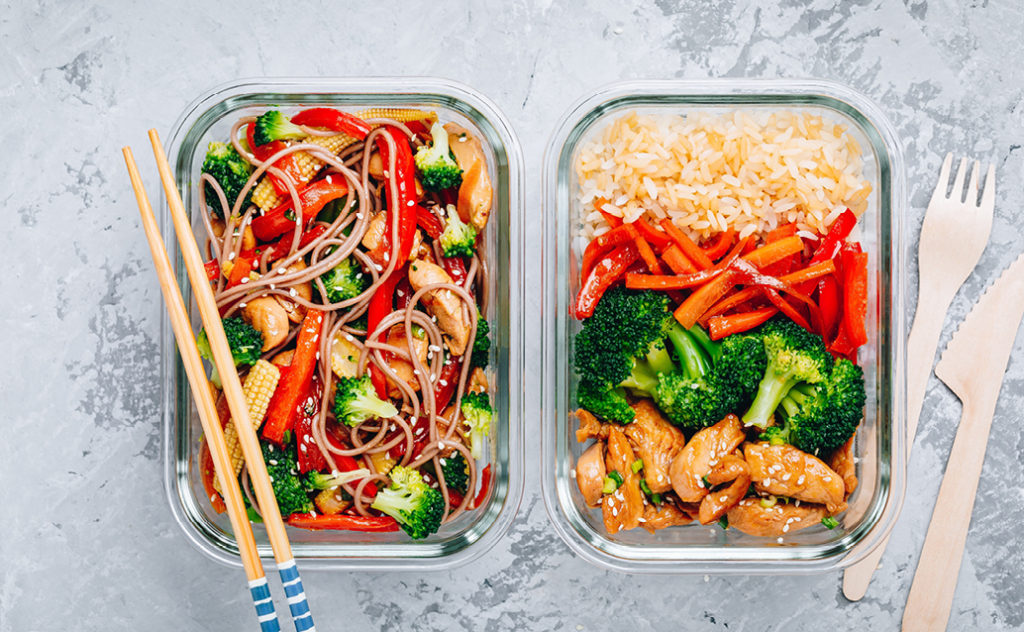
Tracking assignment deadlines, achieving good grades and staying on top of tuition payments makes student life hard enough without the addition of caring for ourselves and families. Looking after our health is just as important as these tasks, as we must nourish our minds and bodies to keep pace with life’s daily demands. Even with current living expenses soaring, you can still manage to take care of your health on a budget. Follow these grocery hacks to stretch your food dollars.
1: Think Outside the Fresh
A common tip told for years is to shop around the perimeter of the grocery store to find the freshest, most nutritious foods. While this is helpful advice, it’s not necessary. Canned and frozen fruits and vegetables are just as nutritious – if not more – than their fresh counterparts. Each day fresh produce is in transit, it loses nutrients. The canned and frozen produce, though? Once picked, it’s immediately packaged into a frozen bag or can and sent to grocery stores. Therefore, the nutrients are fully preserved when a consumer eats it. So not only will you be consuming more nutrients, you’ll be saving money and limiting food waste.
Additional tip: Look for vegetables packaged with low sodium and fruits packaged in 100% juice or water.
2: Sale Spotting
Take advantage of weekly grocery store sales. They typically run from Wednesday through Tuesday, so be prepared for them to switch mid-week. Shop for staple products such as bread, pasta, rice, meats and cleaning supplies when they are on sale. If you want to take it a step further, use the sales to guide your meal planning before hitting the store!
3: Price Comparisons
As much as we are drawn to specific grocery stores, their prices may be more than others’. Taking some time to do online or in-person price comparisons between your neighborhood grocery stores could save you hundreds of dollars each year. For example, if every product is on average $0.25 more at one grocery store and you buy 30 items each week, this leads to spending $360 more per year.
4: Canny Couponing
Coupons can be a consumer’s best friend or worst nightmare. For starters, coupons are typically for the name brand version of a product and oftentimes the generic version may still be cheaper than the name brand with a coupon. Coupons can also convince you to buy products you otherwise wouldn’t “because you have a coupon for it.” Always do the quick math to make sure you are truly getting the best deal and think hard about if you really need the product.
5: Meal Management
Try meal planning simple meals, turning the same ingredients into different meals throughout the week. For example, chicken enchiladas, southwest chicken pasta and a chicken curry can be made with chicken, peppers and onions. Meal planning this way makes grocery shopping and kitchen prep a budget-friendly breeze!
Champion health tips and healthy habits in your community by increasing your health and wellness knowledge. Explore American College of Education’s fully online M.Ed. in Health and Wellness Education.

